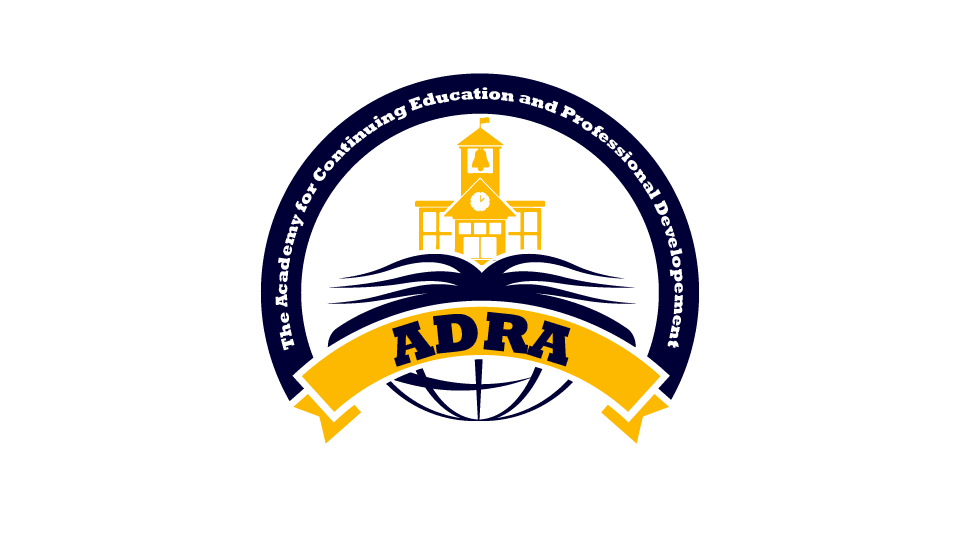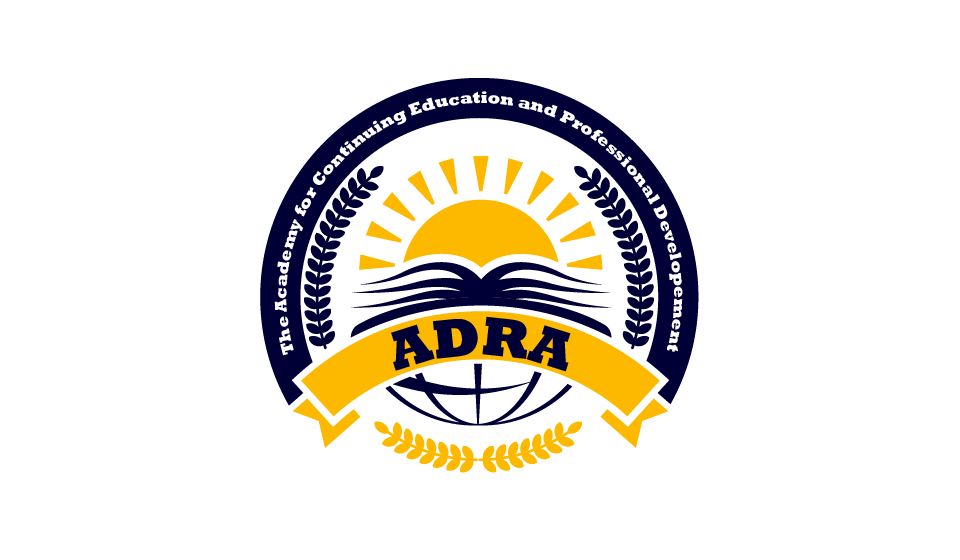Short Course Description
This course is designed to provide you with an overview of the field of labor relations. Labor relations occur when management, representing the ownership of capital, and the exclusive bargaining agent for the employees (commonly referred to as the Union) jointly determine and administer work rules.
The process of labor relations is neither automatically nor uniformly applied across public and private sector organizations in the U.S. A summary of the labor relations process shows three phases:
1) recognition of the legitimate rights and responsibilities of union and management representatives;
2) negotiation of the labor agreement; and
3) administration of the negotiated labor agreement.
Course Objectives:
The general/broad learning objectives of this course are as follows;
- To develop an understanding of the labor relations process that is used in U.S.-based organizations with exclusive bargaining agents for employees.
- To understand the differences in union and management organizational structure, strategies, and functions.
- To introduce students to the specific functional areas of negotiating a labor agreement (contract) setting forth work rules pertaining to wages, hours, terms and conditions of employment, and the rights and responsibilities of the parties governed by the contract’s terms.
- To provide students with an understanding of the social, political, and legal environment affecting the human resource management function.
- Understand the fundamental basic features of the contemporary U.S. labor relations system: exclusive representation, collective bargaining, detailed contracts, and private-sector union density decline. (Chapter 1 & 2)
- Study-specific ‘schools of thought’ attempting to explain the growth of the U.S. labor relations model. (Chapter 2 & 3)
- Investigate the question of ethics in studying, practicing, and reforming labor relations. (Chapter 3)
- Understand the historical record of U.S. labor and its impact on ‘how we do business today. (Chapter 4)
- Establish a command of the major provisions of U.S. labor law and its importance to our labor relations model. (Chapter 5)
- Study the range of management strategies toward labor unions and how they relate to human resources and corporate strategies. (Chapter 6)
- Understand the general outline of union organizing activities, legal strategies for unions and management, and the role of employee voting. (Chapter 7 & 8)
- Study the determinants and solutions to the impasse, strikes, and lockouts with attention given to third-party dispute resolution mechanisms such as mediation, arbitration, and fact-finding. (Chapter 8 & 9)
- Investigate the complex areas of contract clauses and their administration. (Chapter 10)
Instructor(s)
Guno Ritfeld
Guno Ritfeld is a retired Department of Defense Commissioned Officer. He has earned a B.A. in Psychology/Education, a Juris Doctorate (J.D.), and a Master of Laws (LL.M.) degree.
He is certified by the Florida Supreme Court as a Circuit Civil, Family, and County mediator and has served as a County mediator at the Orange County courthouse. He served as a member of the City of Orlando Certification Appeals Board and Chapter 57 Discrimination Board, and as a contract Human Rights Mediator and Administrative Investigator for various state and federal agencies. He is an experienced commercial, workplace, and family dispute mediator and arbitrator.


